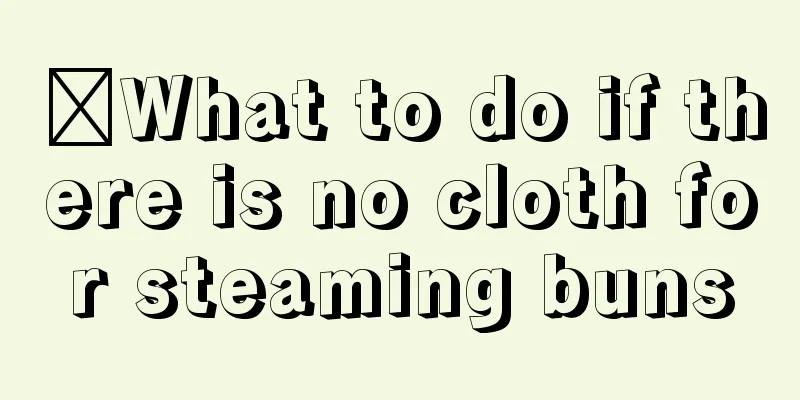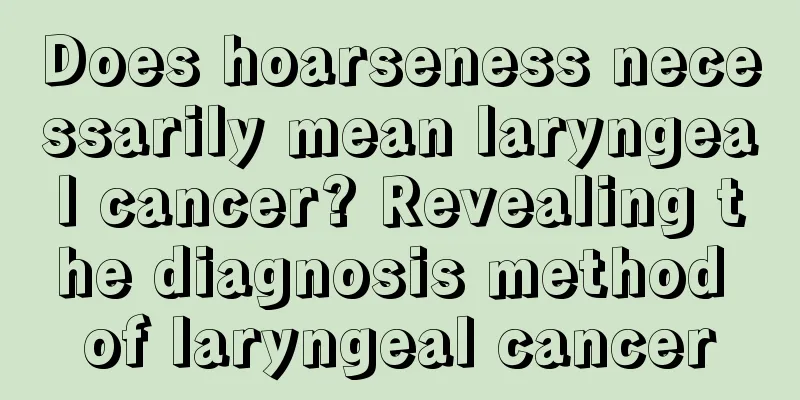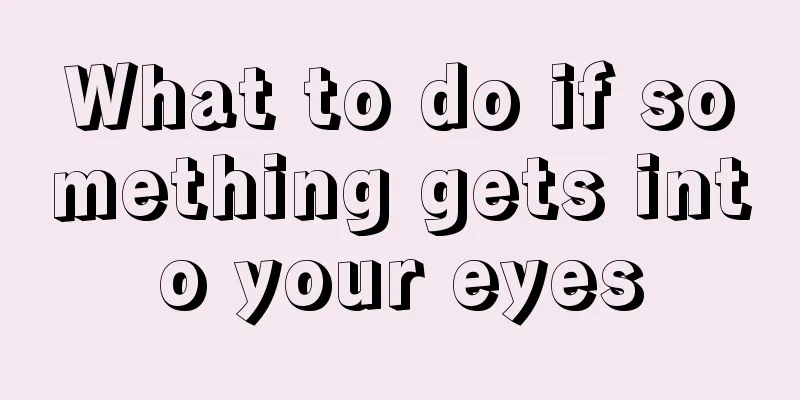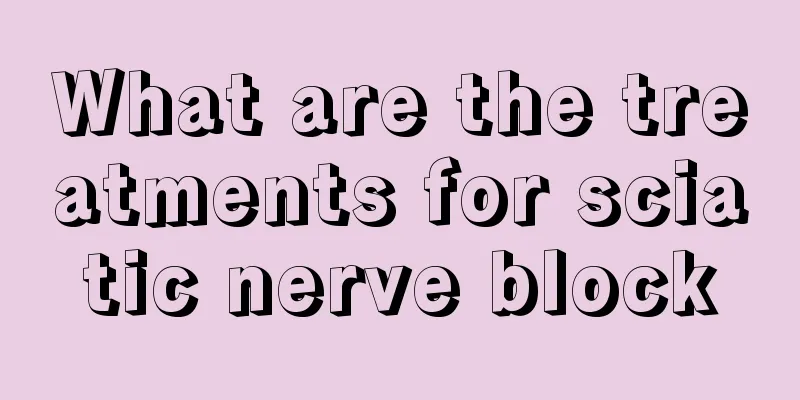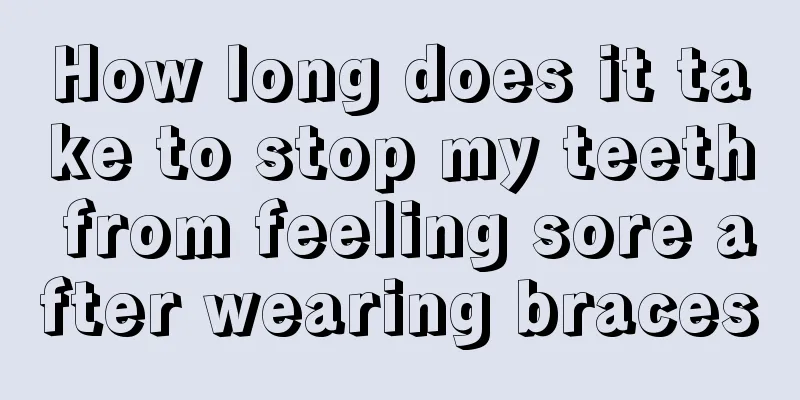Medical restraint belt
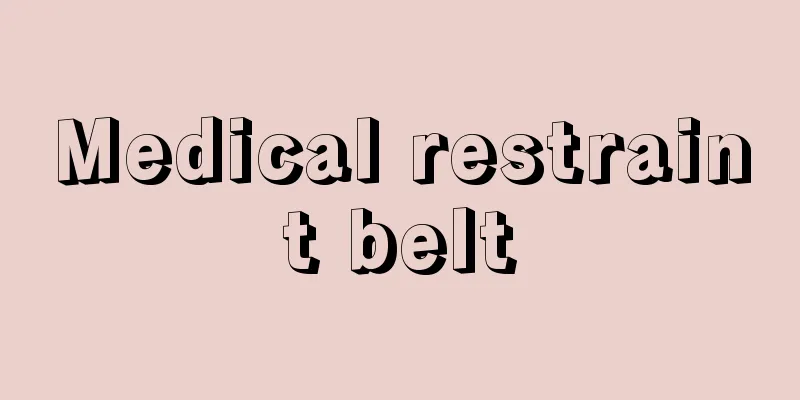
|
For many patients with mental or cognitive disorders, during the treatment process, if the patient shows signs of illness, the hospital will most likely use some restraints on the patient, and restraint belts are one of them. Of course, before using restraints on patients, the hospital must obtain the consent of the patient's family. Although restraint belts are helpful in the treatment process, they can also cause some harm to patients. About Medical Restraint Belts A restraint is any device, material or appliance used on or around a patient that restricts the patient's movements. Commonly used items include: safety vests, soft cloth strips, soft cloth gloves, seat belts, chairs with table tops, bed rails and padded wrist guards, etc. Possible adverse consequences of using restraints 1. Physical and functional diseases caused by inactivity 2. Increase the incidence of hospital infection and pressure sores 3. General condition deteriorates 4. Functional decline, such as incontinence, decreased mobility Mental illness caused by restraint 1. Mental stress 2. Agitation, aggression, delirium 3. Depression, humiliation, isolation, anger, panic 4. Develop dependence 5. Withdrawal, helplessness, reduced autonomy and lowered self-esteem Bodily injury caused by restraint 1. Suffocation caused by wrapping around the neck 2. Suffocation caused by chest compression 3. Intestinal infarction 4. Trauma caused by falling while trying to release restraints 5. Skin trauma and ulcers 6. Nerve damage Principles for using restraints 1. Restraint items should not be used casually and should only be considered as a final consideration. 2. Restraints should only be used when other care methods fail to achieve the desired results. 3. The patient’s dignity and right to be free from restraint must be respected. 4. Regularly evaluate needs, situations, and expected results. 5. Explain to the patient and family the reasons for using restraints. Obtain informed consent from patients/family members before use. 6. Restraints must be used based on the nurse’s professional judgment. 7. The use of restraints does not require a doctor's order, but the reasons for use and observations during use must be clearly recorded. If necessary, a doctor's opinion should be sought. 8. In non-emergency situations, the use of restraints should be decided jointly by doctors, nurses, patients and family members. 9. Restraints should not be used solely for the convenience of medical personnel. 10. The use time must be kept to the shortest possible time and the restraints should be removed immediately if not needed. 11. The reasons, time and observations of using restraints must be recorded during use. 12. Regularly observe the patient’s condition and take care of the patient’s needs. 13. Regularly try alternative and less restrictive methods of care and record the results. 14. Nurses should have adequate training in observing and using restraints. 15. Restraints should never be used as a punishment or as a substitute for patient care. |
<<: What to do if your hair is too dry after perming
>>: What's wrong with pubic lice
Recommend
Tea storage temperature
Tea is a drink unique to the Chinese nation. Ther...
Diet can prevent prostate cancer. Which foods can prevent prostate cancer?
The prostate organ of male friends is particularl...
How often should I use conditioner?
Most people usually use conditioner when washing ...
Dietary treatment for skin itching caused by chemotherapy in patients with bladder cancer
Bladder cancer patients usually need chemotherapy...
What to add to rice to make it more fragrant
Cooking rice seems simple, but some people make i...
4 ways to remove toxins from the body without taking medicine
Toxic substances in the human body mainly come fr...
Which hospital is good for treating bile duct cancer
Cancer is a terrifying disease. As we all know, c...
Should I replenish moisture or oil for dry skin?
Now the temperature is dropping day by day, and t...
Commonly used drugs for immunotherapy of renal cancer
What are the commonly used drugs for immunotherap...
What are the treatments for bladder cancer
Bladder cancer is the most common malignant tumor...
The efficacy of motherwort foot bath
I think some people may be unfamiliar with Mother...
Benefits of washing your face with salt
I believe everyone is familiar with salt. It is n...
Intestinal infarction symptoms and treatment methods
When intestinal infarction occurs, it is often ac...
Can the ab wheel build abdominal muscles?
In the gym you can see fitness equipment called a...
The annual growth rate of prostate cancer in Tianjin exceeds 5%. What is the reason for the high incidence of prostate cancer?
Prostate cancer is more common in the West, and n...

